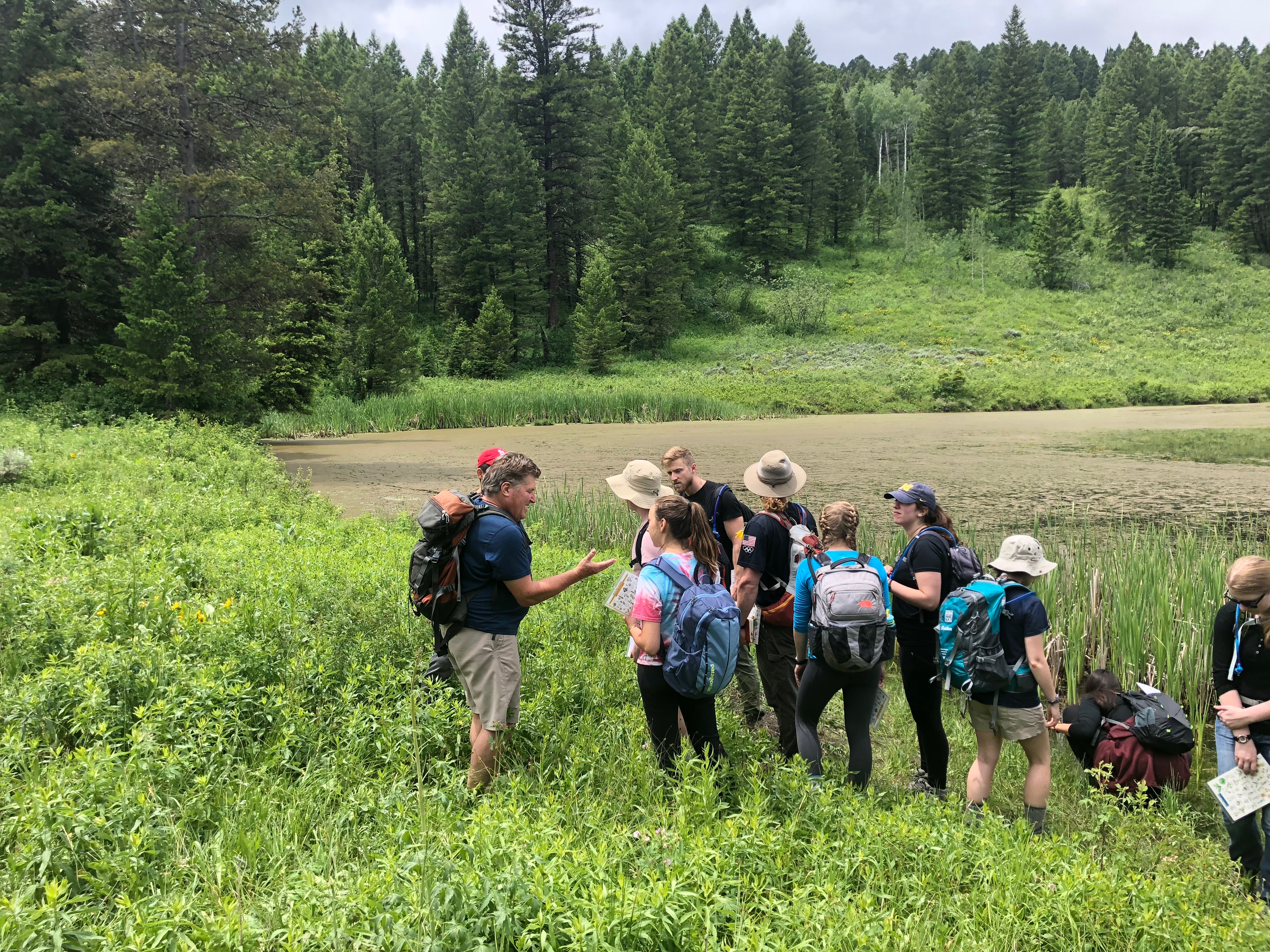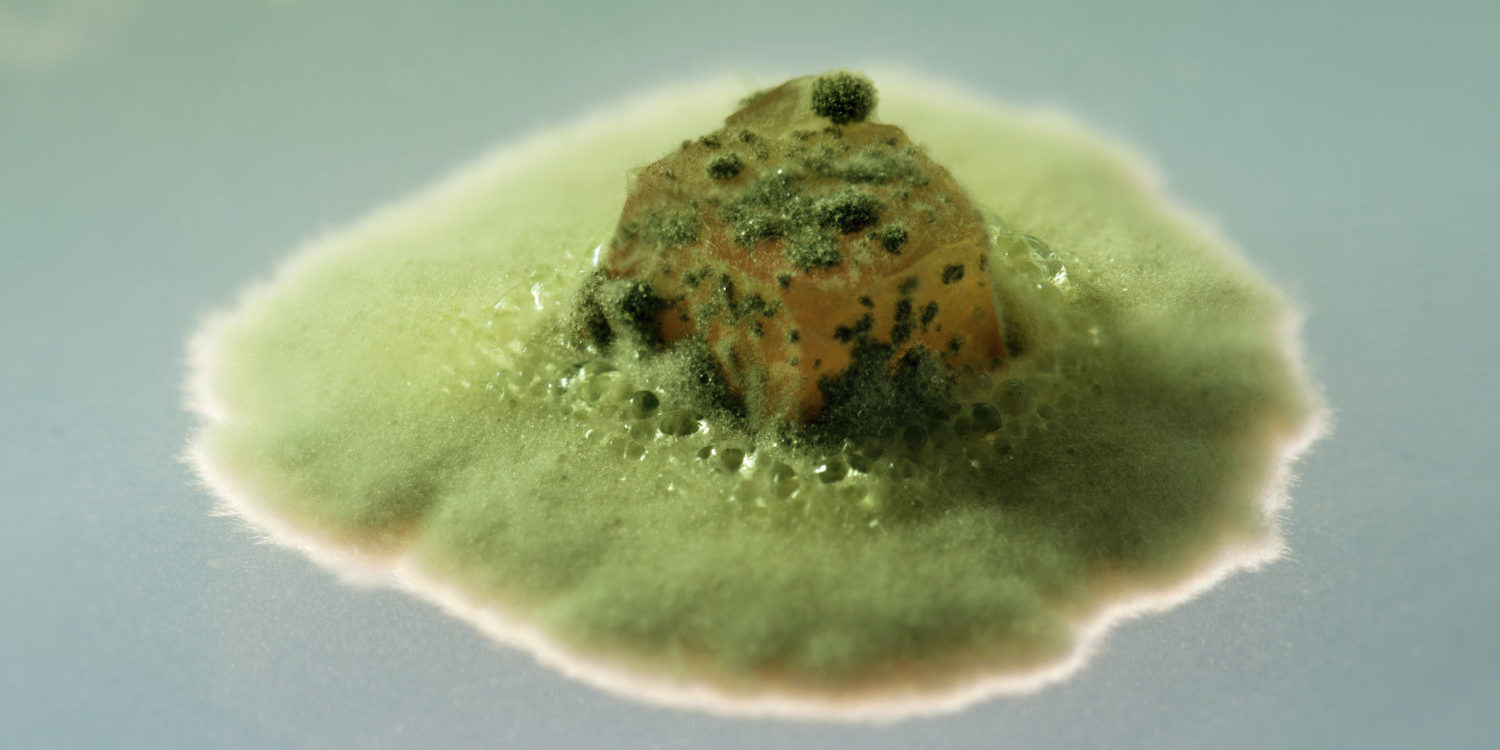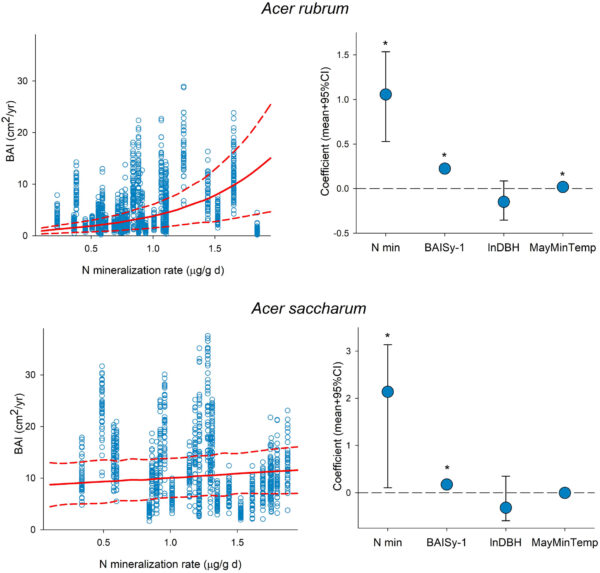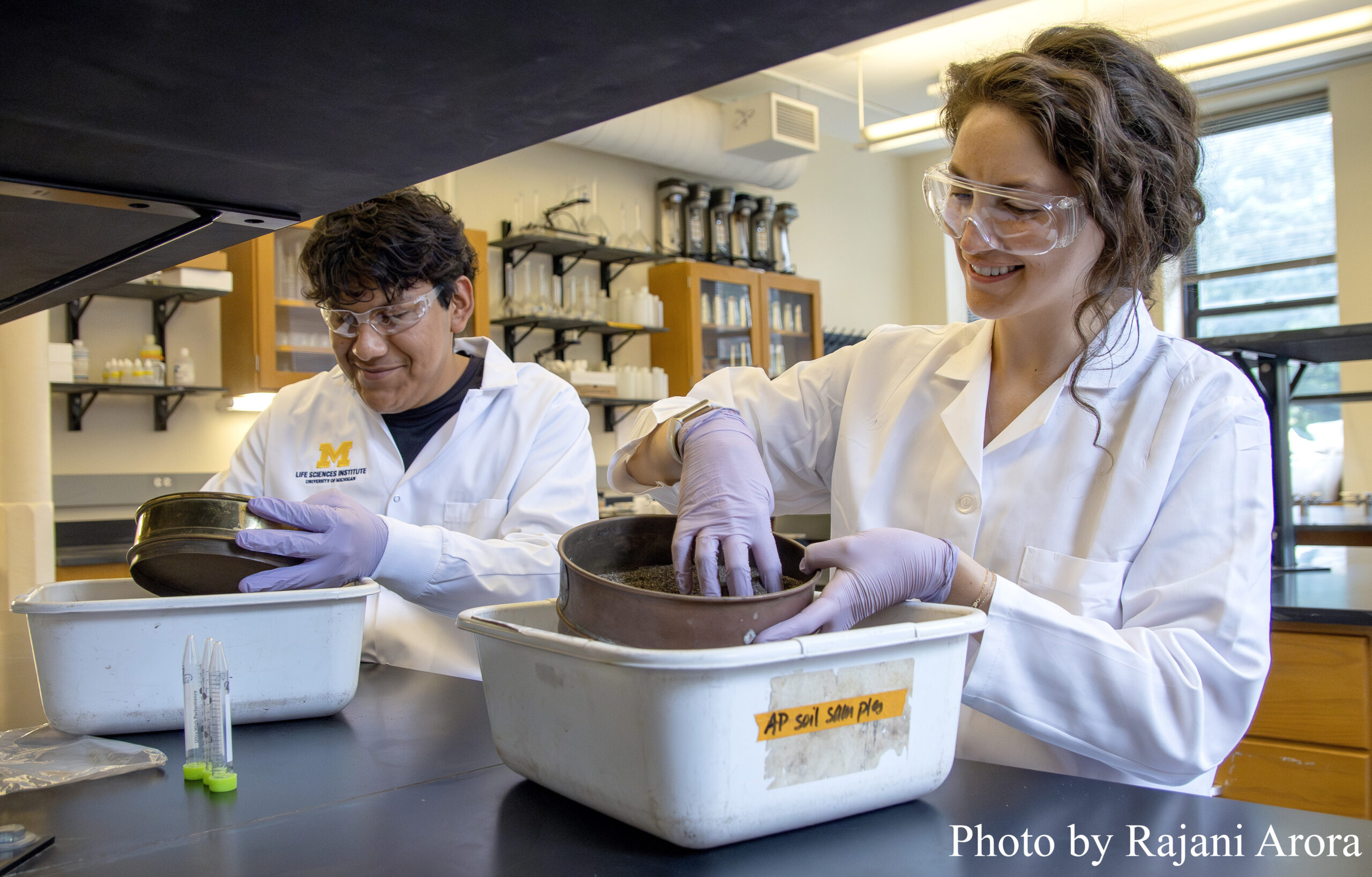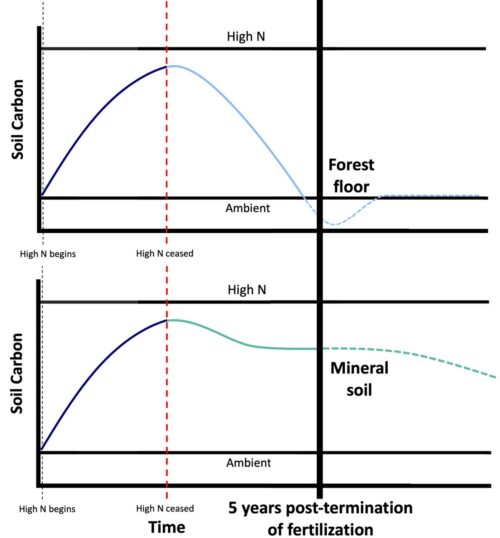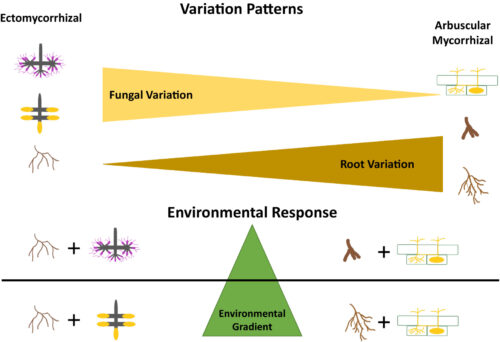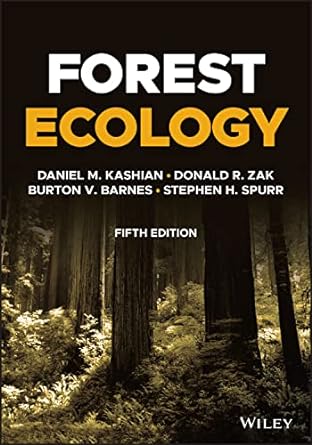Our Lab
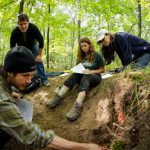 The main focus of the research of the Soils lab is the interplay between soil microbial communities and nutrient cycling in terrestrial ecosystems. We hope to better understand the link between microbial, both fungal and bacterial, community composition and ecosystem functions, with an interest in how human activities (climate change, nitrogen deposition, etc.) affect this linkage. We combine data and information from microbial ecology, soil science and soil chemistry using methods from all these approaches to examine below-ground dynamics, and in particular as it relates to nutrient cycling.
The main focus of the research of the Soils lab is the interplay between soil microbial communities and nutrient cycling in terrestrial ecosystems. We hope to better understand the link between microbial, both fungal and bacterial, community composition and ecosystem functions, with an interest in how human activities (climate change, nitrogen deposition, etc.) affect this linkage. We combine data and information from microbial ecology, soil science and soil chemistry using methods from all these approaches to examine below-ground dynamics, and in particular as it relates to nutrient cycling.
Donald R. Zak
 Alexander H. Smith Distinguished University Professor of Ecology,
Alexander H. Smith Distinguished University Professor of Ecology,
Arthur F. Thurnau Professor,
Burton V. Barnes Collegiate Professor of Ecology
University of Michigan
School for Environment and Sustainability
News
Jennifer’s paper is live!
Morgan’s paper is out!
Aspirnaut Olises Perez in the Zak lab
Zak lab paper out!
Zak lab paper out!
Forest Ecology Out!
Research
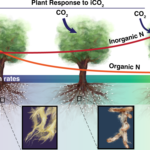 Assessing the Contribution of Nitrogen from Soil Organic Matter on Plant Growth Response to Elevated Carbon Dioxide
Assessing the Contribution of Nitrogen from Soil Organic Matter on Plant Growth Response to Elevated Carbon Dioxide Ectomycorrhizal Fungi and the Enzymatic Liberation of Nitrogen from Soil Organic Matter: Ecosystem Processes and Underlying Molecular Mechanisms
Ectomycorrhizal Fungi and the Enzymatic Liberation of Nitrogen from Soil Organic Matter: Ecosystem Processes and Underlying Molecular Mechanisms Chronic Atmospheric Nitrate Deposition and the Consequences of Altered Ecosystem Metabolism
Chronic Atmospheric Nitrate Deposition and the Consequences of Altered Ecosystem Metabolism Ecosystem Response to Elevated Tropospheric Carbon Dioxide and Ozone Regulated by Plant-Microbe Interactions in Soil
Ecosystem Response to Elevated Tropospheric Carbon Dioxide and Ozone Regulated by Plant-Microbe Interactions in Soil

